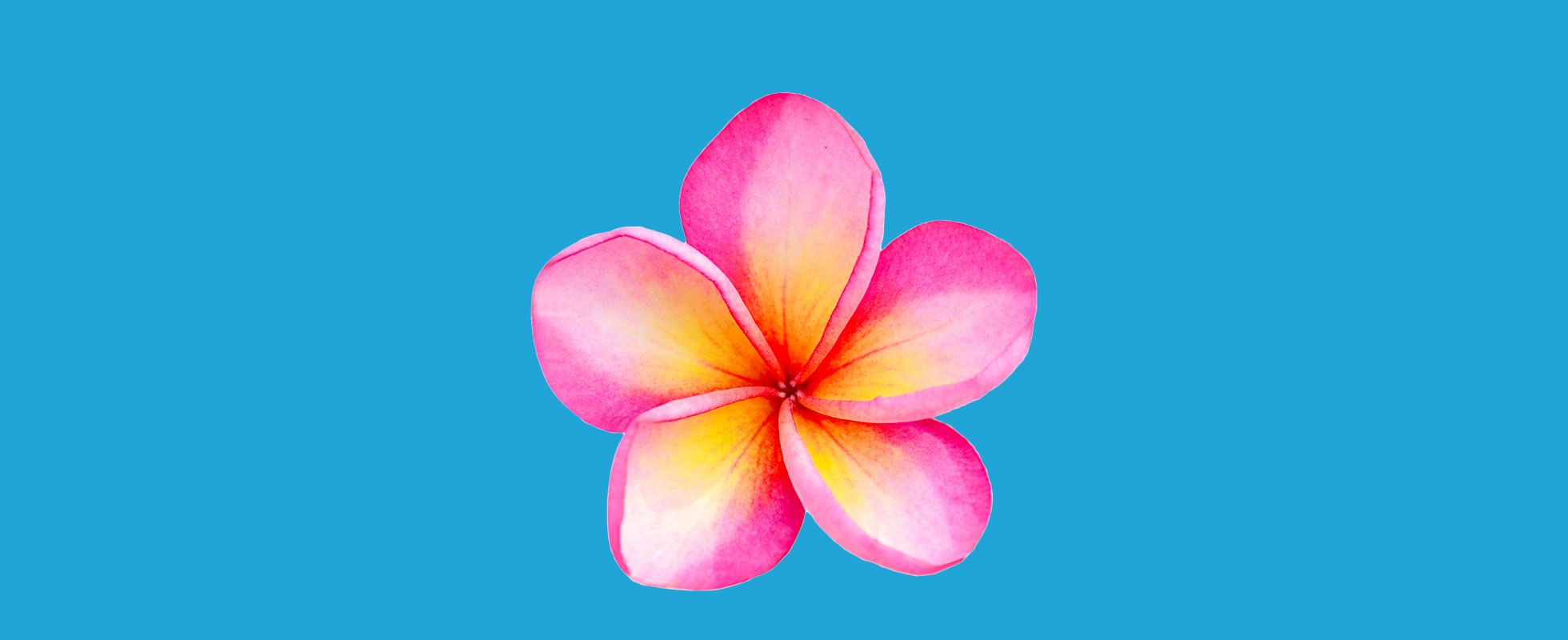Before Hawaii came in contact with the Western world, the native language (ʻŌlelo Hawaiʻi) was a purely oral tradition, with no written words apart from some petroglyph symbols. Stories were passed from generation to generation, keeping the Hawaiian traditions, culture, and language alive. One form of storytelling was the famous hula, a dance accompanied by chants or singing.
The annexation of Hawaii by the United States in 1898 brought about a rapid decline in the native language of the islands. But the second half of the 20th century saw a concerted effort to keep Hawaiian alive. One of the key figures in this was Mary Kawena Pukui, a Hawaiian author, hula expert, and educator. From the age of 15, she began to collect and translate proverbs and folktales, and she later wrote or co-authored numerous scholarly works including the definitive Hawaiian-English Dictionary and her book ʻŌlelo Noʻeau, which safeguarded almost 3,000 examples of Hawaiian proverbs.
Thanks to people like Mary Kawena Pukui, the Hawaiian language — although still endangered — has regained a foothold, and there are a growing number of speakers in homes and schools. Here are some of the most colorful proverbs from that language, covering everything from teamwork to love to the importance of taking care of the land.
E lauhoe mai na wa`a; i ke ka, i ka hoe; i ka hoe, i ke ka; pae aku i ka ‘aina.
Everybody paddle the canoes together; bail and paddle, paddle and bail, and the shore will be reached.
O na hoku no na kiu o ka lani.
The stars are the eyes of heaven.
He ali‘i ka ‘āina; he kauwā ke kanaka.
The land is a chief; man is its servant.
‘A‘a i ka hula, waiho ka hilahila i ka hale.
When one wants to dance the hula, bashfulness should be left at home.
He ‘olina leo ka ke aloha.
A joyousness is in the voice of love.
‘A‘ohe hana nui ke alu ‘ia.
No task is too big when done together by all.
He manu ke aloha, ‘a‘ohe lālā kau ‘ole.
Love is like a bird — there is no branch that it does not perch upon.
Kulia i ka nu’u.
Strive for the summit.
He ‘onipa‘a ka ‘oiā‘i‘o.
Truth is not changeable.
Aia a kau ka i‘a i ka wa‘a, mana‘o ke ola.
One can think of life after the fish is in the canoe.
Ua ola no i ka pane a ke aloha.
There is life in a kindly reply.
Ua ola loko i ke aloha.
Love gives life within.
I ola no ke kino i ka mā'ona o ka 'ōpū.
The body enjoys health when the stomach is well filled.
‘A‘ohe loa i ka hana a ke aloha.
Distance is ignored by love.
A‘o i ke koa, e a‘o no i ka holo.
When one learns to be a warrior, one must also learn to run.
‘A‘ohe pu‘u ki‘eki‘e ke ho‘ā‘o ‘ia e pi‘i.
No cliff is so tall that it cannot be scaled.
I Kahiki ka ua, ako ‘ē ka hale.
While the rain is still far away, thatch the house.
‘A‘ohe lokomaika‘i i nele i ka pāna‘i.
No kind deed has ever lacked its reward.
‘Ike aku, ‘ike mai, kōkua aku kōkua mai; pela iho la ka nohona ‘ohana.
Recognize and be recognized, help and be helped; such is family life.
E lei kau, e lei ho‘oilo i ke aloha.
Love is worn like a wreath through the summers and the winters.
Aia no i ka mea e mele ana.
Let the singer select the song.
Featured image credit: anat chant/ Shutterstock
















